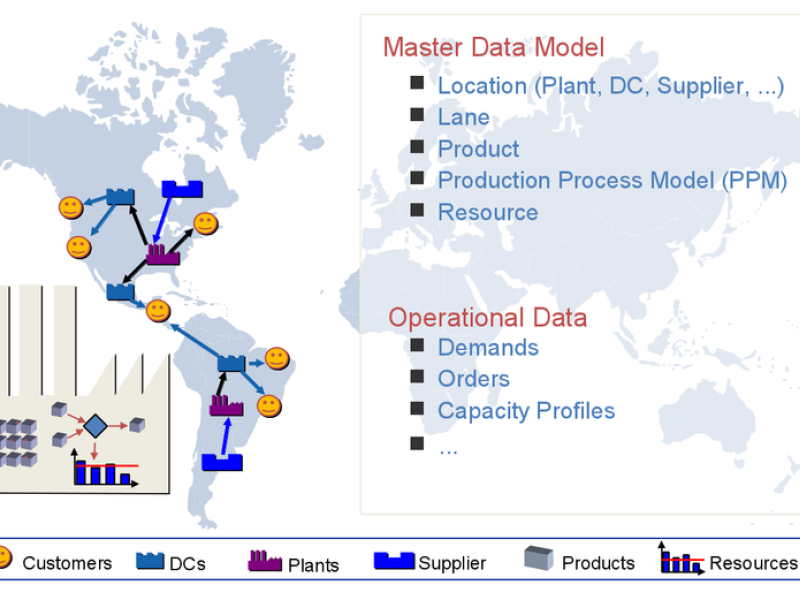Supply Chain Management (SCM) deals with the combination of procurement, production, storage, transport, and delivery of commodities. These problems occur in many different sectors of industry. Since the integrated planning of these processes promises a high potential for optimization, it is of great importance for the companies' efficiency. The method of choice to find optimal solutions in SCM is linear and integer programming. Nevertheless, there are big challenges to overcome - concerning both hardware and algorithms - due to very detailed and therefore large models. Additionally there may occur numerical difficulties that standard techniques cannot deal with. As a consequence, a careful mathematical formulation is necessary and new methods need to be implemented to improve the performance of MIP algorithms.
